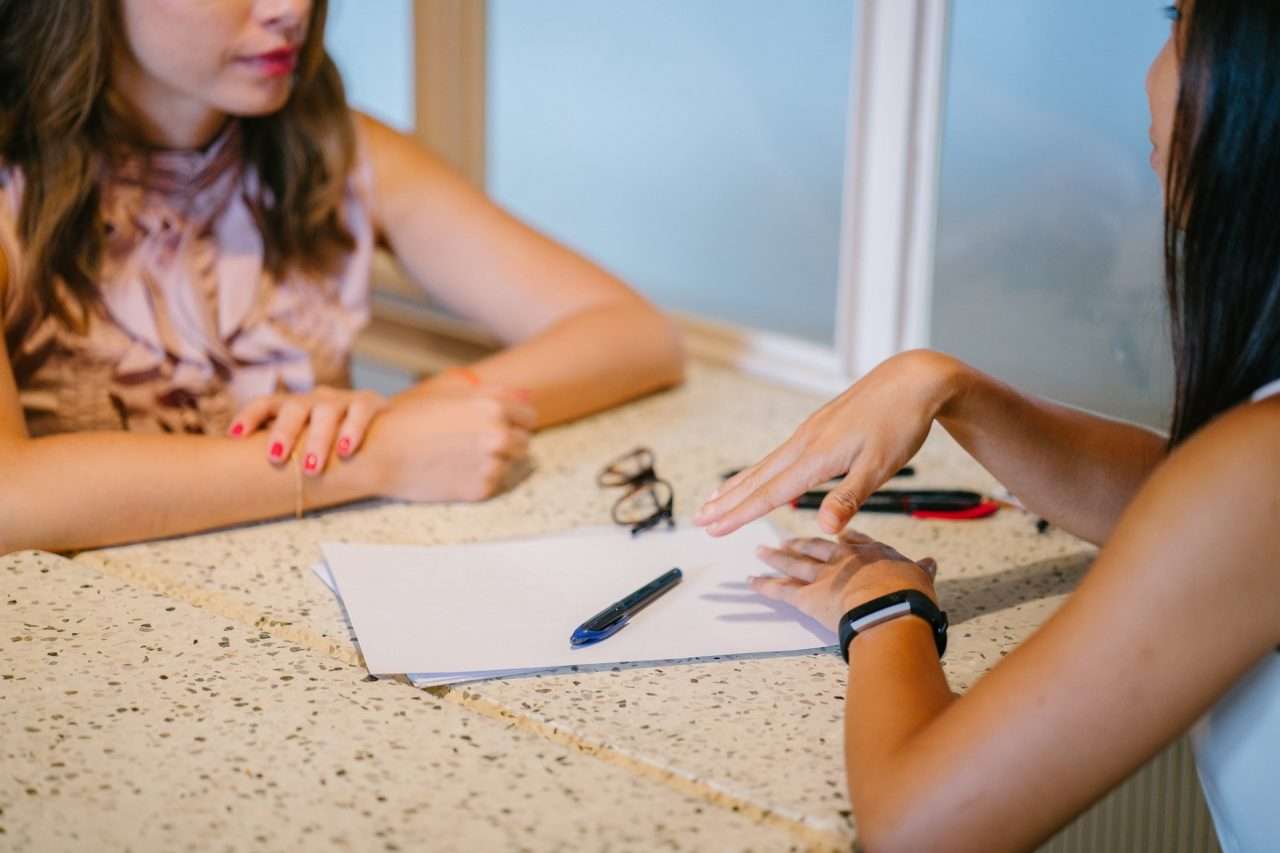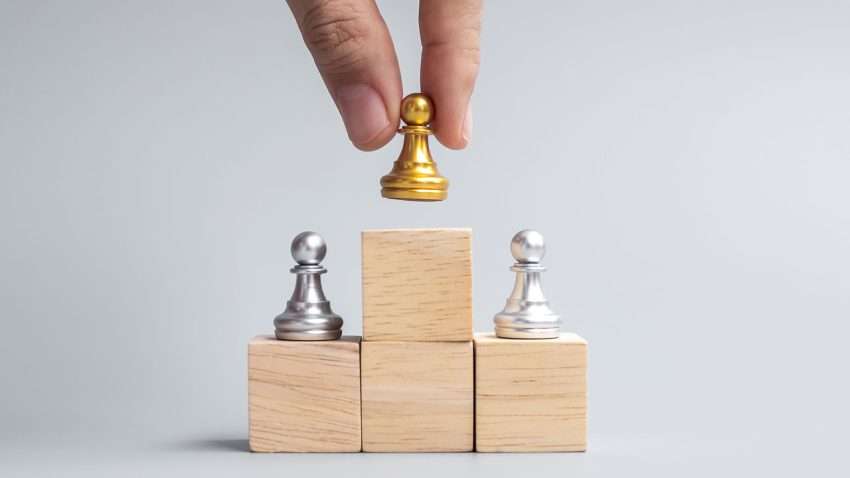In coaching, there is a wide variety of techniques available to boost your client’s performance and help them reach their full potential. Questions are one of the best tools a coach has in their toolbelt to help people reflect and make the decisions that are best for them.
But not any question will do. We want to focus on powerful questions, ones that help the coachee chart a path between all the different options they have in their action plan.
The power of questions
In our lives, questions and answers are a constant. We deal with them every day. However, in a coaching session, questions are fundamental and prove to be a very useful tool in helping the coachee find solutions and identify any assumptions they are making.
Asking your coachee questions helps you to:
- Learn their opinion on a topic.
- Identify weaknesses and potential difficulties.
- Find solutions to potential problems.
- Build trust during the session.
These questions, in turn, help your coachee to:
- Analyze their situation.
- Get out of their comfort zone.
- Envision possible scenarios.
- Understand their abilities and options.
Which questions to ask and which to avoid
Questions in a coaching session can be your greatest ally, but you need to choose them wisely. Ask open-ended questions to avoid yes/no answers and encourage them to actively reflect.
Some questions that have been shown to work include:
- Ones that encourage them to think about taking action, such as: “What should be your next steps?”
- Ones that begin with words designed to quantify things, for example: “How much time will you need?”
- “What else?” because it encourages them to elaborate and dive deeper.
Avoid answering questions for your coachee, even if you think it’s taking them a long time to make up their mind. Your objective as a coach is to guide them, through open-ended questions, until they’re able to find answers and come to conclusions on their own.
Some questions to avoid:
- “Why is that?” because it puts them on the defensive having to justify their answer or situation without giving thought to future solutions.
- Ones that take on a critical tone, such as “What are the flaws in that proposal?”
- Any that is asked one after another. After asking one question, you should only ask another if and when they answer the first.
How to use open-ended questions in your coaching session
Coaching sessions can vary widely depending on the people involved, the methodology being used, and the purpose to be achieved. However, regardless of the circumstances, open questions can and should be used if you have the right knowledge.
Now that you know which questions to ask and which ones to avoid, it’s a good time to practice them and, later, apply them in your sessions. To do this, you can lean on such methodologies as training through simulators, which allows you to experiment until you feel comfortable with the skill.
To put your knowledge into practice and avoid making mistakes when asking questions, there is a solution: Echo, Gamelearn’s serious game on coaching. It offers several sessions in which you’ll need to help your client define their goals, analyze their reality, explore their options, and design an action plan in order to overcome the obstacles and barriers in their path.
Once you’ve practiced that material, remember that it’s important to avoid jumping right into your questions in a session. You want to give the person time to adapt and get comfortable first. After your introduction or just before closing are both good times to get into them. Take notes if you need and make sure your coachee has all the support they need, without it influencing their conclusions.
If you want to train your team with Gamelearn’s catalog of serious games, including Echo, contact us!







EVden eVE nakliyAt
EVden eVE nakliyAt
Remarkable! Its really awesome piece of writing, I have got
much clear idea about from this post.